About Peace Corps, aidworker security, and self-serving mechanisms.
The family of a 24-year old Peace Corps volunteer from Atlanta, Kate Puzey, says agency personnel set her up to be murdered by revealing her role in the dismissal of an employee she accused of sexually abusing children at a school in the African country of Benin.(..)Watch also part 2 and part 3 of the video.
As part of the report, Chief Investigative Correspondent Brian Ross also talked to a half dozen female volunteers who said that after they were sexually assaulted the Peace Corps response was incompetent and insensitive.(..)
(Source article and followup article)
The video series, and the articles in ABC news, point at series of issues inside the Peace Corps. It starts off with the insufficient protection of Kate Puzey, a volunteer in Benin, whistleblowing on a local colleague she believed to be sexually involved with pupils he taught, and she suspected of raping some of her students. This lead to her murder.
But as usual, the problem is more general.
ABC dug deeper into the issue, and came up with a number of "1,000" ex-Peace Corps volunteers testifying to have been raped, and/or sexually abused. Few of them attested to have found an ear within the Peace Corps open to their complaints about feeling insecure, and received little or no support after being assaulted. On the contrary, apparently many were encouraged to "keep it quiet".
I have written many times about security of aidworkers here on The Road, an issue which lays sensitive for aidworkers and aid organisations alike.
While decennia ago, aid and development workers might have been safe pretty much anywhere in the world, this is no longer the case. Aid workers are more at risk today than ever before, punto. Be it because of terrorist attacks or plain crime, the push for humanitarians to be more at the frontline,... We can no longer work like we used to.
Some organisations have taken pro-active decisions to expand the security awareness amongst their staff, expanded security measures of personnel and premises, ensure the safety of whistle blowers, and in general become more sensitive to any issues in sensitive areas.
It seems others still work under the modus operandi of the sixties, where aidworkers were close to untouchable. Very often, these are development agencies, rather than aid organisations, and very often based on low key and lower funding projects in rural communities. And unfortunately also often working with volunteers, who can not base themselves on their personal experience and "sixth sense" for problems.
Having lived "in the field" for many years, I often worked in higher security environments, where movements were restricted, premises were barbed-wired, and where we had extensive security communications... Only to find next door, an NGO who pretty had much nothing of the kind, with employees or employees fresh from Europe or other "civilised parts of the world", with no clue.
When I look at the video and see the house Kate Puzey was living in, I can tell you that this would not be allowed in many front-line organisations, no matter how "safe" the community was. No fencing, no night guards, sleeping on the porch.. Ayyyy...
Part of the responsibility is with the individual aidworker, but for those organisations working with "freshman"-volunteers, like Peace Corps, the first step lays with the organisation itself to sensitive their employees. And to ensure they keep a close eye and ear to any signs of insecurity or complaints.
Worse then comes when incidents happen. Then kicks in the self-serving or self-protecting mechanism of "Oh God, we won't let anyone know about this". Bad press is a killer for a humanitarian organisation depending on donations or public funding. "Reputation protection" is a very deeply instilled tradition in the humanitarian world. Look at the ecological disaster at the scale of BP's oil well spill in the Gulf of Mexico. Did they go out of business? Did they do less business at all? Bah, no. If an aid organisation would have been receiving the amount of bad press BP had, they would have been out of business in the first month.
Thus, "covering up", is the message. And when you cover up, you can not tackle problems at the root, which is the only approach for "the sensitive issues" like abuse, security, misuse, theft, etc...
Maybe we should start an "AidLeaks", the Wikileaks equivalent to report abuse in the aid community, if that is what it takes to break open the cans of worms. Read the full post...














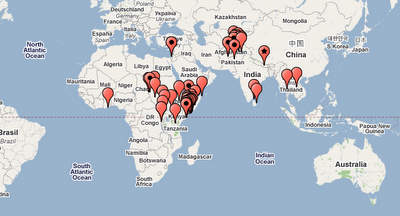
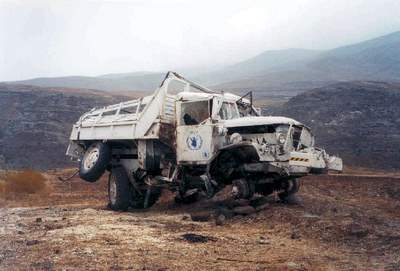
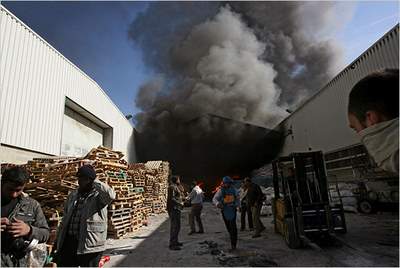
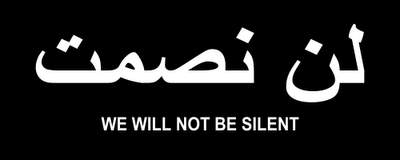
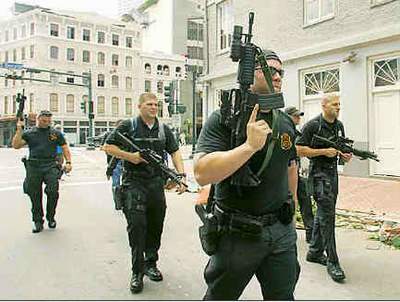
 Peter. Flemish, European, aid worker, expeditioner, sailor, traveller, husband, father, friend, nutcase. Not necessarily in that order.
Peter. Flemish, European, aid worker, expeditioner, sailor, traveller, husband, father, friend, nutcase. Not necessarily in that order.
The Road's Dashboard
Log in
New
Edit
Customize
Dashboard